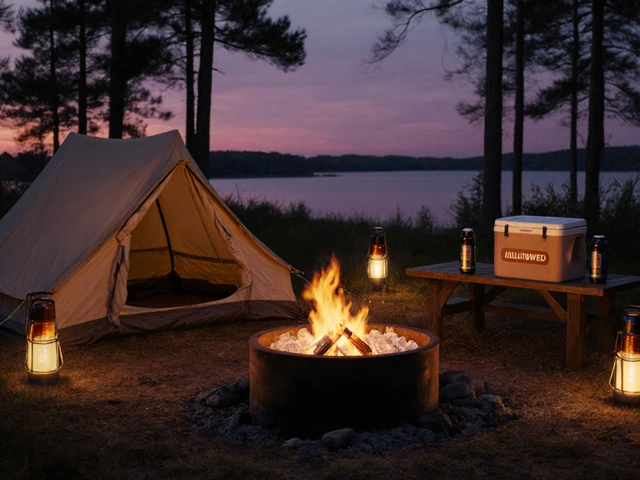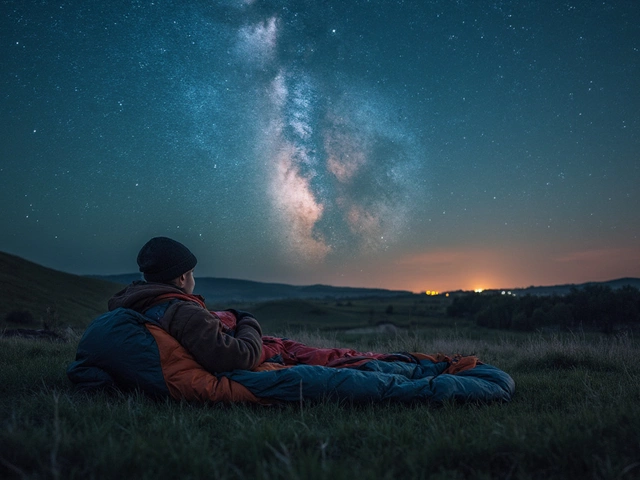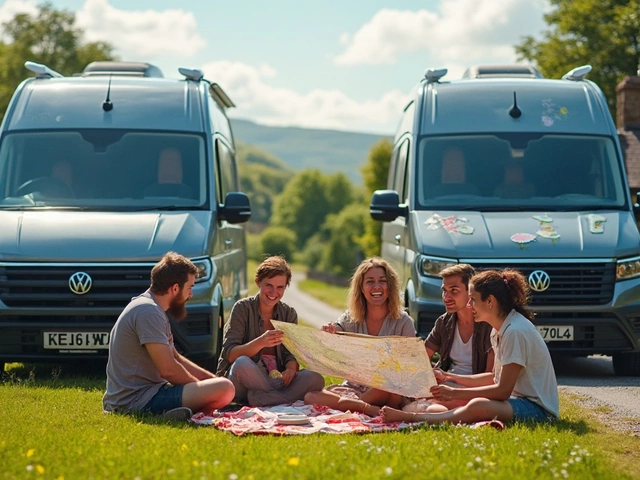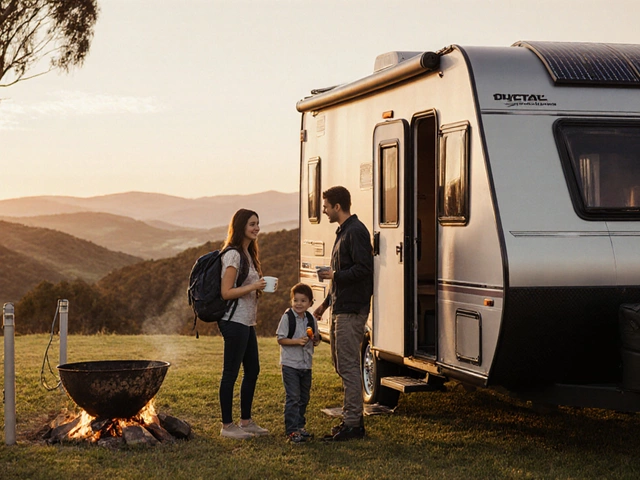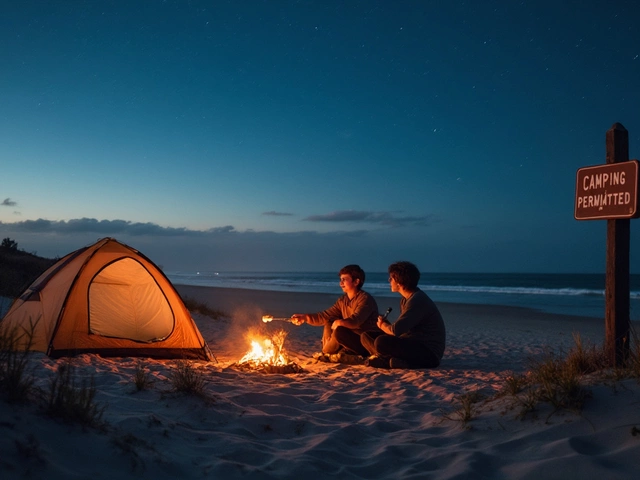Imagine waking up to birdsong, a hint of dew on your boots, and the soothing rustle of leaves—a far cry from the steady hum of air conditioners and traffic outside a hotel room. Plenty of folks swap crisp, white sheets for the wild outdoors with the idea that camping has to be cheaper than hotels. But is that really true, or just another campfire myth?
The Price Tags: Breaking Down Actual Costs
If you’ve ever scrolled through hotel booking sites, you know prices swing widely—from bargain bunks to splurge-worthy suites. The average UK hotel costs about £110 per night as of spring 2025 (according to Statista). That’s just the room, mind you. Most campsites? They look like a steal at first glance, with a standard pitch in the UK coming in at around £25–£35 a night for two adults, with a tent and sometimes a car. That’s roughly a quarter of the hotel rate.
But let’s not gloss over the hidden costs. With a hotel, that £110 covers your bed, linen, utilities, and usually a bit of breakfast. Campsites? The pitch fee is only the start. Most basic sites don’t provide bedding, cooking equipment, or even electricity. Now factor in the price of a decent tent (£60–£200+ for a family-size), sleeping bags, mats, a portable stove, and whatever else you’ll need to fill out your base camp. Suddenly, your first year of camping can clock in close to £400–£700 before you’ve even lit a marshmallow.
When talking about campsites, it’s also wise to mention the upsell. Fancier sites can charge up to £60–£150 per night for amenities like hot tubs, power hookups for campervans, or private glamping pods. And those popular weekends or school holidays? You’ll see rates jump 30–50% at both campsites and hotels. Bottom line: you save per night at basic campsites, especially the more you go, but don’t forget those equipment costs early on.
| Option | Average Nightly Cost (UK) | Hidden/Setup Costs | Key Extras |
|---|---|---|---|
| Campsite (Basic) | £25–£35 | £400–£700 (setup) | Bring own gear, no meals included |
| Campsite (Luxury/Glamping) | £60–£150 | None (all provided) | Can include bedding, en suite, breakfast |
| Hotel (Average) | £110 | None (all included) | Bedding, toiletries, breakfast |
Camping vs Hotels: What Do You Really Get For Your Money?
It’s easy to get caught up in the spreadsheet, but money’s just one part of the story. Ask ten campers why they skip hotels, and nine will say it’s about the vibe—freedom, fresh air, and being able to let the kids run wild without offending anyone at reception. Can you really put a price on brewing coffee at sunrise with your feet in the grass?
But since we’re talking cash, let’s look at what you’re actually buying. Hotels save you time: you show up, swipe a card, and your only job is to not leave your towel on the floor. Even budget hotels mean you get a hot shower, someone changing the sheets, and a roof you trust to keep out the rain. That’s peace of mind, especially in bad weather.
With camping, you’re doing more yourself—setting up, cooking, packing down in the rain. But you control the schedule and save money by making your own meals. A simple breakfast and tea made outside might cost you £2, rather than the £10–£15 hit for a full English at a hotel cafe. Plus, you don’t pay extra for parking, or get caught by “incidental” charges at checkout (mini bar, anyone?).
Camping also has its flexes—most campsites are pet-friendly (hotels often aren’t), your neighbours are out of earshot, and some of the best sites put you next to wild lakes, forests, or right on the coast. The only hotel with those views will charge a pretty penny for the privilege.
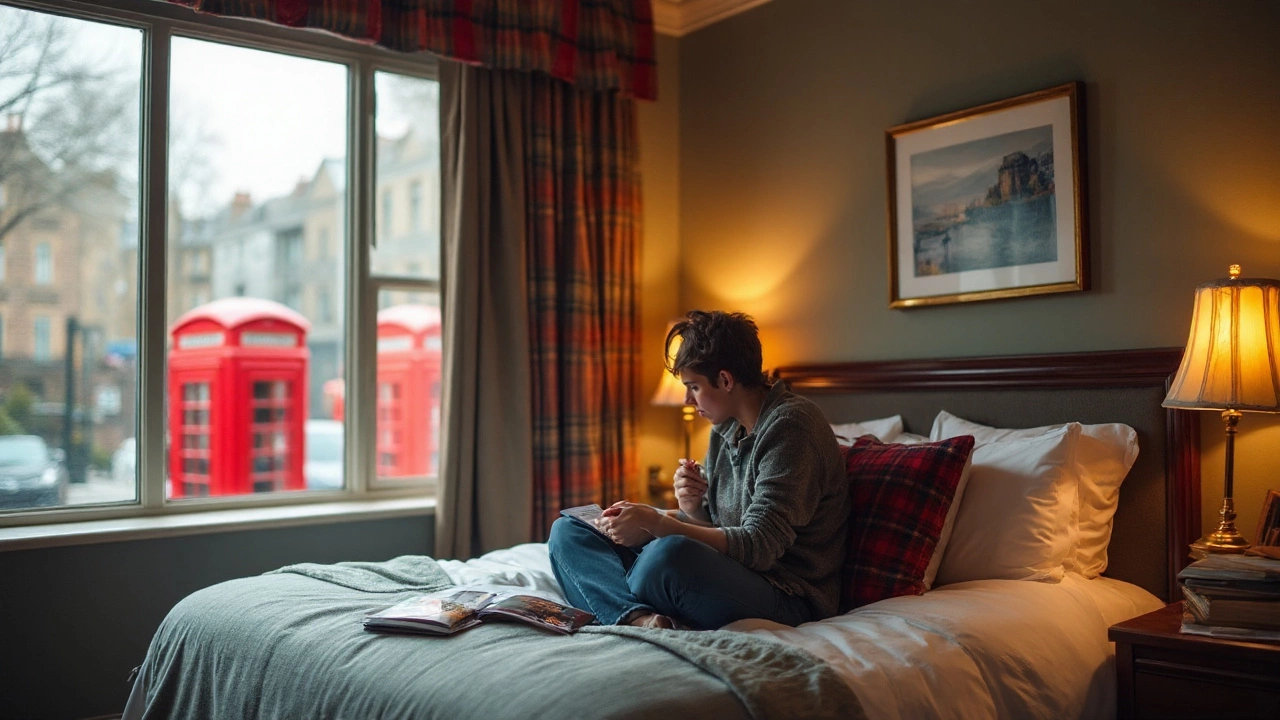
The Hidden Costs That Creep Up
Here’s something folks don’t always talk about: the little “non-financial” costs. Ever tried to get a solid night’s sleep in a tent your first time out? That ground’s harder than it looks, and a restless night can knock £20 off the value of your savings. The weather can always throw a curveball, too—a leaky tent or a chilly August night will have you craving those hotel sheets in a hurry.
Let’s not forget the investment in gear doesn’t stop at just buying a tent. Stuff wears out, tears, or just isn’t warm enough. Pretty soon, you’re eyeing that insulated sleeping mat or a stove with a little more firepower. It adds up, especially when camping with kids who can outgrow sleeping bags in a year.
Hotels have their sneaky charges—parking fees in city centers can add £10–£30 per night, and WiFi isn’t always complimentary. Still, when you’re comparing pure costs, camping usually pulls ahead by the second or third trip, once your gear’s paid off. But don’t underestimate the value of comfort, convenience, or how much you’re willing to withstand a soggy morning for a cheaper bill.
Smart Ways to Save: Tips for Cheap Stays Wherever You Go
So where does the best value really hide? If you’re new to camping, borrow gear from a friend before dropping cash on a full kit. You can also rent tents and equipment from shops or online for about £40–£60 a trip. Why shell out hundreds if you’re not sure you’ll like it?
Look for campsites off the beaten path instead of busy tourist hotspots. Rural sites in Wales and northern England, for example, offer pitches as low as £15–£20 a night. Some places run “wild camping” spots for a donation or a tiny fee—just remember, wild camping rules differ sharply across the UK, so always double-check before you pitch up somewhere new.
If you’re a dedicated hotel person, booking in advance, using reward points, or seeking out Sunday night deals can hack your price down by 20–30%. And in shoulder seasons (April–early July or September), both hotel and campground prices dip—so time your trips accordingly.
Traveling as a group or family? Campsites often let 4–5 people share a pitch for one fee, while hotels charge per room (sometimes per bed). That difference gets bigger the more people you add, so family campers save most. If you only do one weekend trip a year, maybe the splurge on a hotel makes sense, but if you crave adventure every other week, *campsite costs* will almost always win out.
Stick to basic essentials—the best camping is about experiences, not Instagram gear hauls. Free attractions like hiking, wild swimming, or just stargazing are steps from your tent, no reservations or tickets needed. Invest in solid kit, but skip the luxury extras unless you plan to become a full-time glamper.


